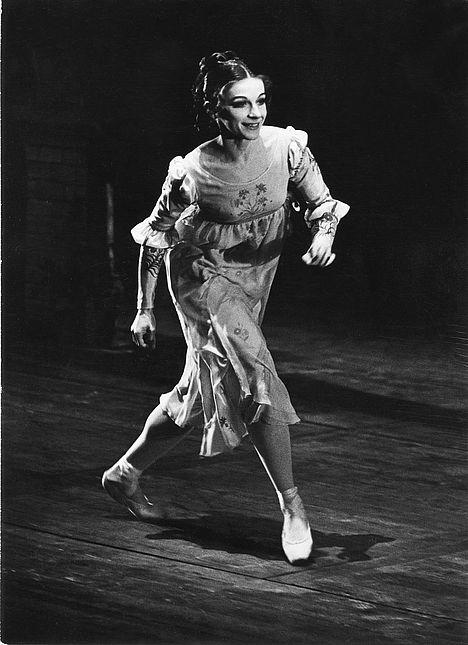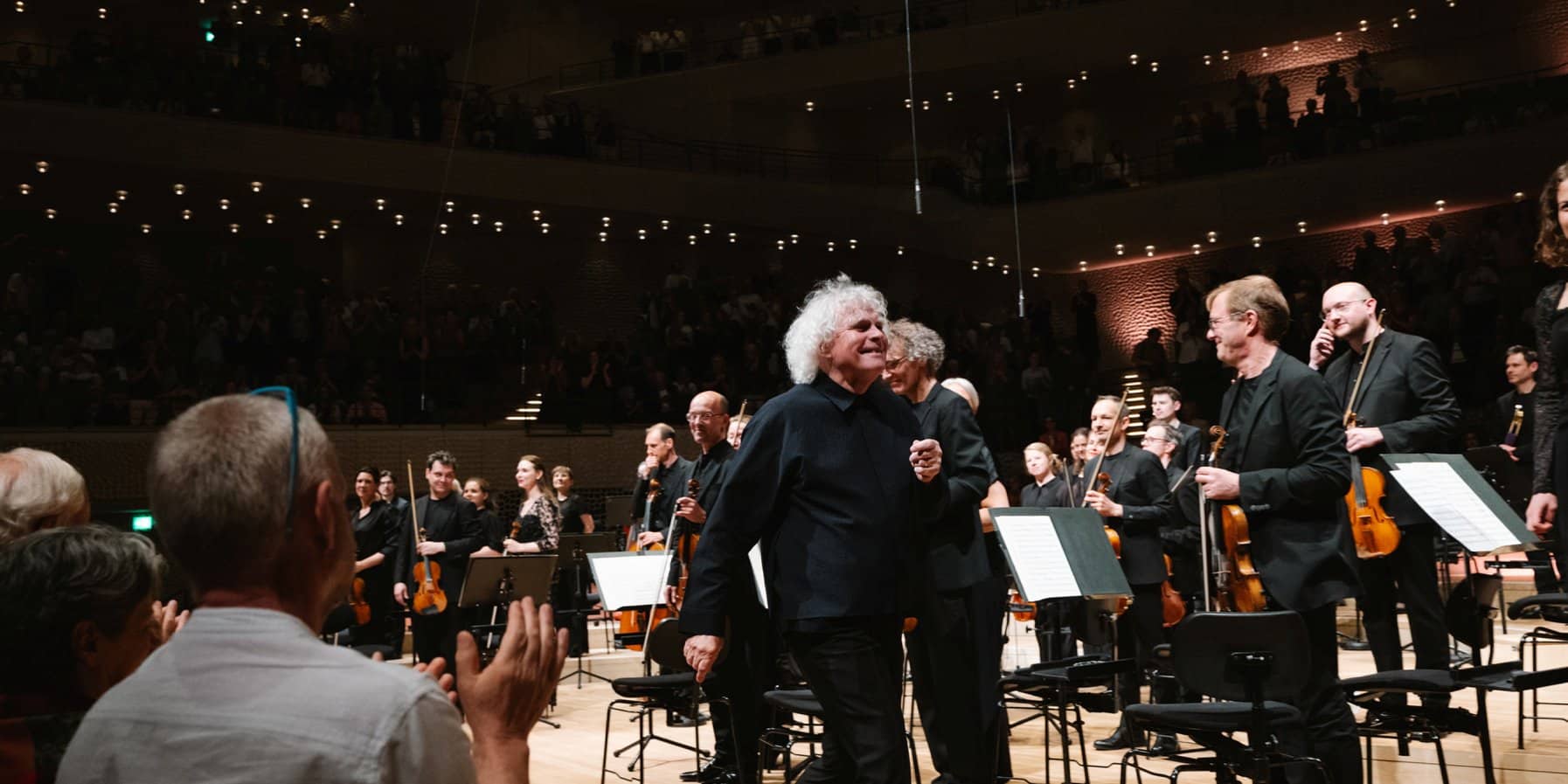Warner Classics backs Black Lives in Music day
Newspress release:
Black Lives In Music (BLiM), the organisation set up to address racial inequality in the music industry and create opportunities for Black, Asian and ethnically diverse musicians and professionals, today announce ‘Classically Black’, a symposium one-day event exploring the cutting edge of classical music.
Shining a light on Black and underrepresented musicians and composers in an unprecedented event, Classically Black will take place at Kings Place in London on Saturday 19th October. Produced by BLiM, and sponsored by ABRSM (Associated Board of the Royal Schools of Music), this ground-breaking event will explore the experience of being a minority in classical music and champion the works of Black music artists and creators past and present, while asking ‘what is classical now?’
‘Classically Black’ aims to stimulate and provoke thought around representation and equity for underrepresented groups. It will demonstrate that despite often being erased from its history, these artists are forging the future of classical. Using their own culture and music experience, they are shaping the music by bringing jazz, funk and more, along with technology, into classical. With the British Library’s new exhibition Beyond the Bassline: 500 Years of Black British Music celebrating the immense contribution of Black musicians to UK music and culture, Classically Black will help to bring pioneering classical music into the 21st century conversation.
Held at the multi-arts venue Kings Place, renowned for curating world-class shows and festivals which engage a breadth of different communities, the venue feels like a fitting home for Classically Black. Kings Place strives to offer a supportive environment for artists from under-represented backgrounds to build their audiences and communities. The venue is a member organisation of Black Lives in Music and a signatory to its charter aiming to reflect London’s multicultural mix across all levels of the organisation, from artistic programme to work force, partners and audiences. It also signed up to the Key Change Pledge in 2019. Events for Classically Black will take place across multiple spaces at Kings Place, including Hall One – known for its exceptional acoustics – Hall Two and the intimate St Pancras Room.
There will be two newly commissioned works by British Black composers Pete Letanka and Jason Yarde, to be performed and recorded by the BBC Symphony Orchestra, plus a late afternoon showcase for emerging talent sponsored by Warner Classics, networking opportunities, interactive discussions, panels, music workshops, and much more.
The evening will host a bespoke show with multi-talented singer/songwriter, cellist, pianist, composer, Ayanna Witter-Johnson, who has collaborated with Anoushka Shankar, Nitin Sawhney, Andrea Bocelli, Jools Holland and Peter Gabriel. Her show at Classically Black will be titled The Sound of Classically Black: Ayanna Witter-Johnson & Friends, showcasing works commissioned by Solem Quartet, the Philharmonia, London Symphony Orchestra and performed by her band and members of world renowned orchestras, highlighting how her classical tone weaves its way through her musical roots of reggae, soul and jazz.






How well-meaning such projects may be, they often go off the rails:
“….. often being erased from its history…” How do we know that someone forgotten, was not forgotten because of 1) changing fashion, 2) social events, 3) racism, 4) lack of musical quality, 5) too much originality, 6) disadvantaged circumstances? Or bits of everything? ‘Erased’ implies active efforts to get rid of someone. How many composers were actively rid off for reasons very different from racism?
“Using their own culture and music experience, they are shaping the music by bringing jazz, funk and more, along with technology, into classical.” This is entirely revealing the aims of the project: an intervention into the genre of classical music with elements that have nothing to do with the art form. This is an openly destructive aim and demonstrates total ignorance of the organisers about what classical music is. Imagine something like this, an exhibition in an art gallery: “These artists bring their own expertise in photography, dance and video shooting into the realm of painting, to show that painting can be so much more than paint on a canvas.” They should organise a very different project and leave classical music alone. But that is impossible: by intending to highlight ‘suppressed groups’ within classical music, it is necessary to have it as context. But then, they unintentionally imply that such groups were ‘suppressed’ because they had nothing to do with classical music. This is not ‘suppression’ but simply excluding people who don’t belong there; you would not want to be treated by someone posing as a dentist but actually being a chiropodist.
It is on that point that I stopped reading.
Minority within a minority????
The pretence that classical music is thriving and opera isn’t being threatened provides a smokescreen for more cuts.
I like the sound of this project but it shouldn’t be either or.
I never realized that classical music was a closed genre. Thank you for the illumination. That explains why the interest in folk music of Telemann and Bartok (to name but two) would exclude them from the exalted ranks of such as Bach (never used a drinking song, never explored the latest technology), Beethoven (never used Turkish music, never played the latest pianos, never introduced trombones into symphony) and Brahms (never used Hungarian gypsy melodies). Ravel and Gershwin, of course, are totally out of bounds.
No, that is something very different. Composers of classical music could incorporate material from other genres and integrate it into their own form of classical music: Mozart’s Turkish March and the dances in the Entfürung, Beethoven using trombones in his symphonies, Brahms using gypsy tunes, Stravinsky delving into Russian folklore, Ravel absorbing jazz after his American tour in the twenties, Bartok creating a ‘classical version’ of folk material, etc. etc. These composers never used the original material ‘pure’, they elevated it onto a quite different artistic level, psychologically, aesthetically, structurally (especially Bartok fused his material with traditional classical structures).
So why should Black musicians be barred from “bringing jazz, funk and more, along with technology, into classical”, if it is OK for white Europeans to do so? Aren’t you prejudging how Black musicians would be using/transforming the material in their compositions/performances?
“Elevated it onto a quite different artistic level”? Examine your preconceptions. I could suggest instead “incorporated what they could fit within the boundaries of the classical forms”.
Sorry, but I never ever heard any classical (i.e. serious) music where hiphop or worse material could be incorporated onto a concert music level. Even with ‘jazz’ that has been very difficult, it mostly cheapened the result in drastic ways, reducing the music to entertainment wallpaper. The only exception being Ravel in his piano concertos. It depends upon the personality of the composer and the type of material. Not everything is suited to become part of concert music, in the same way that not every type of material is suited to build houses or bridges.
You dictate your own terms by defining ‘classical’ as ‘serious music’. Disagreement is precluded.
Cutting edge! Ground-breaking! Unprecedented! Stimulating! Thought-provoking! Pioneering! Supportive! World Class! Acoustically exceptional!
BLiM should try to enrich Gagaku music instead. I’m sure the Japanese would love it.
So which nation does ‘classical music’ belong to, again? (Try to answer without being too obviously racist.)
The great achievement of Western classical music is that it is entirely universal and can be enjoyed by anybody on the planet (as we can see). Also composers from all over the place can absorb its values, aesthetics, structures, etc. etc. and create their own version.
With familiarity, anybody on the planet can also enjoy Indian classical music, Chinese classical music, North-American classical jazz, the Mali griot tradition … need I continue? You may as well say the use of the English language is universal, it is a lingua franca – but you should ask yourself why that is so.
I’m interested in how composers from all over the place can create their own version. How does the Japanese version differ from the German version?
There are / have been Japanese composers writing European classical music, sounding like 19C music. Also in China, although quality may differ (like the ‘Butterfly Concerto’ written somewhere in the fourties by two Shanghai composers.)
Classical music belongs to the European tradition. External elements are welcome as long as they are assimilated into the European tradition. The use of a Western symphonic orchestra does notmake the result “classical”, as it seems to be your position and of other who claim the need of “inclusion” , “diversity”, you name it. My favorite successful example is Stravinsky’s use of jazz. In other traditions there is no room for external influence. Gagaku music, for example, follows a strict tradition dating back over a thousand years and is unlikely to assimilate external influences without being destroyed; by the way, my mention of this particular tradition is rhetorical.
It is very gracious of you to welcome ‘external elements’, provided they behave themselves properly.
So what was the point of your original comment? Perhaps you should attend the BLiM Symposium in October and then judge whether the music fits your criterion of ‘assimilation’.
I would rather say that there are many European (including the Americas) musical traditions, several strands of which are now lumped together as ‘classical’.
Correct.
At a guess MOST music which we know and refer to as ‘classical’ these days, probably originated in Europe, but as Europeans gradually travelled further afield to far off lands, people there took the music they heard the ‘Europeans’ sing/play, and adapted it for their own enjoyment.
In the interest of diversity, I’d like to see a similar project devoted to another minority – at least in the UK. ‘Roman Catholics in Music’. What a feast!
A few comments:
* Why would an organisation promoting Black, Asian, and Multiracial musicians choose a name that excludes two of those groups ?
* are they claiming that Asians are under-represented in classical music ? When I last looked, Asians were active and making a huge difference at all levels. And actually the number of multiracial musicians (I presume they mean mixed race) is growing, and again they are making a huge difference.
* taking away the exaggerated and breathless prose, it seems to be saying “there aren’t many black people in classical music, and so here we are going to play a blend of classical and pop and ethnic music, and we’re going to say it is progressive and call it classical”
Response – that could be really interesting, I hope it goes well. If it attracts more people of any background to classical music then it’s a success. But do try to be clearer about your categorisation.